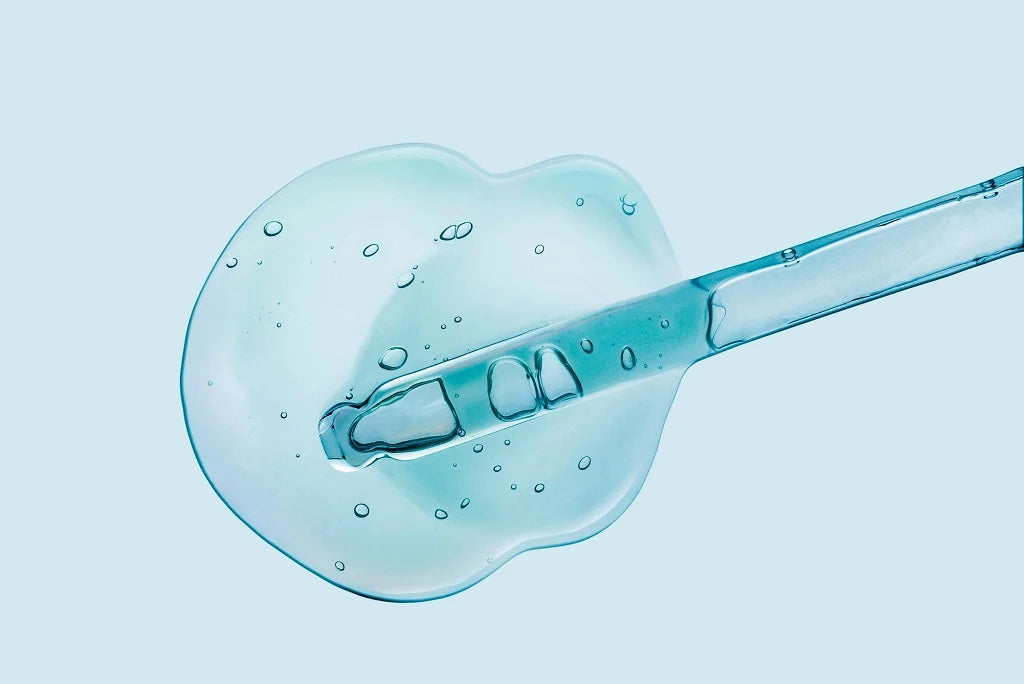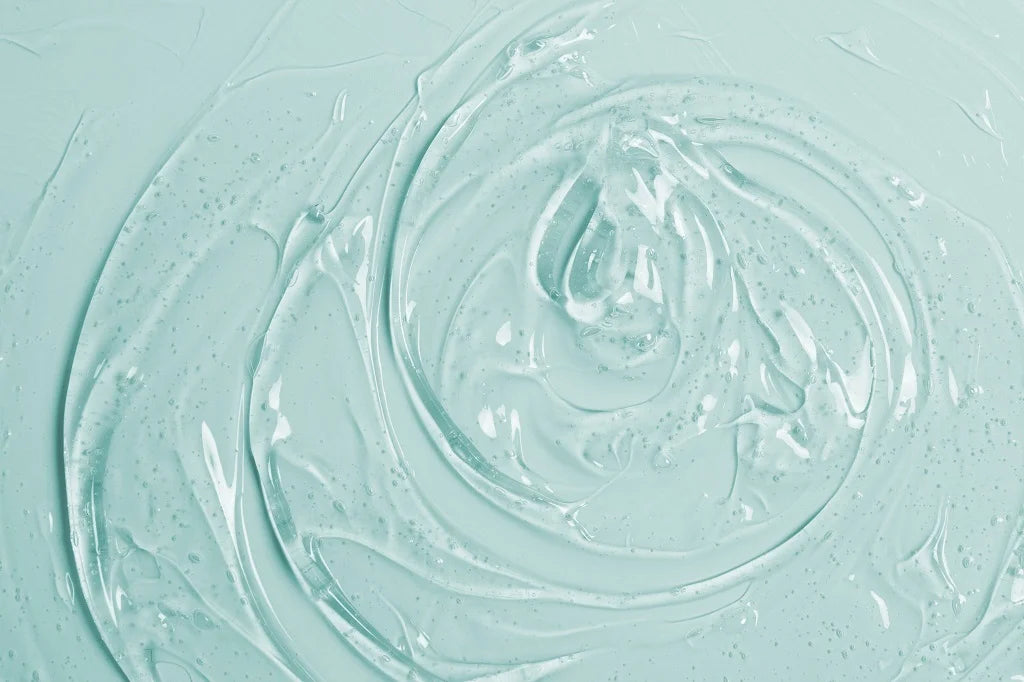Hello you beautiful curlies!
One of the reasons that we started this was to bust off myths centering around the hair care industry and to equip you guys with useful information just at your fingertips. Since, there is a ton of information floating out into the universe and very little credibility attached to it, we're here to discuss the logic and science behind your favorite remedies and products.
So, glycerine has been an absolute rage over the years, people have been using it obsessively, talking about it incessantly, recommending it to friends and spending a significant amount of time looking for products which have glycerine in them. It won't be an understatement to say that glycerine has stolen the show in both the hair care and skin care industry, but do we really understand what glycerine actually does to our hair? What if, and hear us out okay before all of you turn controversial against us, what if glycerine hasn't been providing you with the benefits for hair care that it claims to be? Rather shocking, yes we definitely know and that's what we're here to do, to decode whether or not glycerine is the blessing everyone's swearing on.
What exactly is Glycerine?
Glycerine is a simple organic compound called a polyol which is characteristized by its colorless, odorless and non toxic nature. It's widely popular as a humectant in pharmaceutical formulas and substances. A humectant is a moisturizing agent which means that it takes and retains moisture from the air or deeper parts of skin, making it a quintessential choice for cosmetics and hair care products.
Now, glycerine is found in popular natural remedies such as coconut oil or even shea butter. This makes it a tad bit dangerous if you're not sure whether or not glycerine is right for your hair type or even the environment you reside in. No doubt that glycerine is a primary choice when it comes to controlling frizz and hydrating those rough hair strands, but have you ever stopped to consider that it might just be the reason for uncharacteristic and extreme frizz?
Yeah, we thought not, so here we’re breaking down climate appropriate glycerine utility.Glycerine is this amazing ingredient which takes in moisture from the air and adds it to your hair, leading to onset of an improved moisture retaining process but the catch is ONLY when the environment allows it to.
At a high dew point (increase in levels of humidity) which means a rise in moisture levels in the air, using products with glycerine in them can add inordinate amounts of moisture in them and make it super frizzy and brittle.
Whereas, at mild dew points which is ideal for glycerine simulated products for hair care, the hair receives an appropriate amount of moisture, becoming soft, thick and shiny. This is the stat that most of these hair care companies have been banking on, conveniently omitting the entire truth.
On the other hand, glycerine in places with low dew points has the reverse effect. It takes moisture from the hair and puts it into the environment, making the hair dull and dry.We know, pretty mad right?
How to determine if Glycerine is healthy for your hair or not?
When it comes to hair care, there's only one solution for this- to OBSERVE. What we'll recommend is that you keep a journal containing what are pro products and ingredients for your hair and what are the opposite of it. Record your observations and keep experimenting and trying on different things to know what works best for your hair care.
So if your hair has suddenly started acting up, getting frizzy way too often, dry, brittle, losing its shine or the curls have lost their definition and shape, then perhaps try going glycerine free for 30 days and see what happens.
It's a simple exercise but you'll honestly be surprised with the results.
Our last advice is to just research, try, experiment and understand what works best for you, your hair and your environment. We can give you knowledge about how this works but definitely can't decide where or not you should spend your money on, so get your gears on and keep experiencing!!
Also Read :
What Does Glycerine Do To Your Curls In Humidity?
Taking Care Of Low Porosity Curly Hair : What To Do And What Not To Do!
Squish To Condish Method For Curly Hair: Benefits & More!
All the content published on www.Curlvana.in is solely for information purposes. It is not a substitute for professional medical advice, diagnosis, or treatment. Always consider seeking the advice of your physician or a qualified health care provider. The information, suggestion, or remedies mentioned on this site are provided without warranty of any kind, whether express or implied.




